All about winter camping.
When it comes to camping, the same rule applies: there's no such thing as can't. Just as there is no such thing as "bad" weather, there is also no such thing as the "wrong" season for camping. The be-all and end-all of winter camping is, of course, the right equipment. Then there is the equipment, the local infrastructure and, of course, the destination. Because winter is not just winter.
There are also pleasantly warm camping destinations in Europe for the winter months. This means that winter camping is not always associated with snow, ice and cold neighbours. Two of our top destinations for frostbite are Andalusia. At Christmas, we had to cool off in the sun with cold cerveza while sweating in our short sleeves. On the other hand, Sicily, where you either go to one of the hot thermal springs to warm up. Or on New Year's Eve, instead of fireworks, enjoy a few lonely climbing routes in summer conditions.
Insulation is good, a parking heater is better.
But even in the domestic Alps, road trips in winter are anything but impossible. First and foremost, of course, you have to make sure that the camper is suitable for winter camping. An important point here is good insulation of the vehicle. If the body is insulated, you're already halfway there. But you shouldn't neglect the windows either, because without insulation, e.g. thermal mats, they cause a lot of heat loss. Especially in sub-zero temperatures, you can hardly do without a parking heater when winter camping. If you have one, the temperatures at night can be well into the double-digit minus range. It's still cosy and warm in the camper. A trip to the nearest ski resort is therefore no problem, even with a camper!
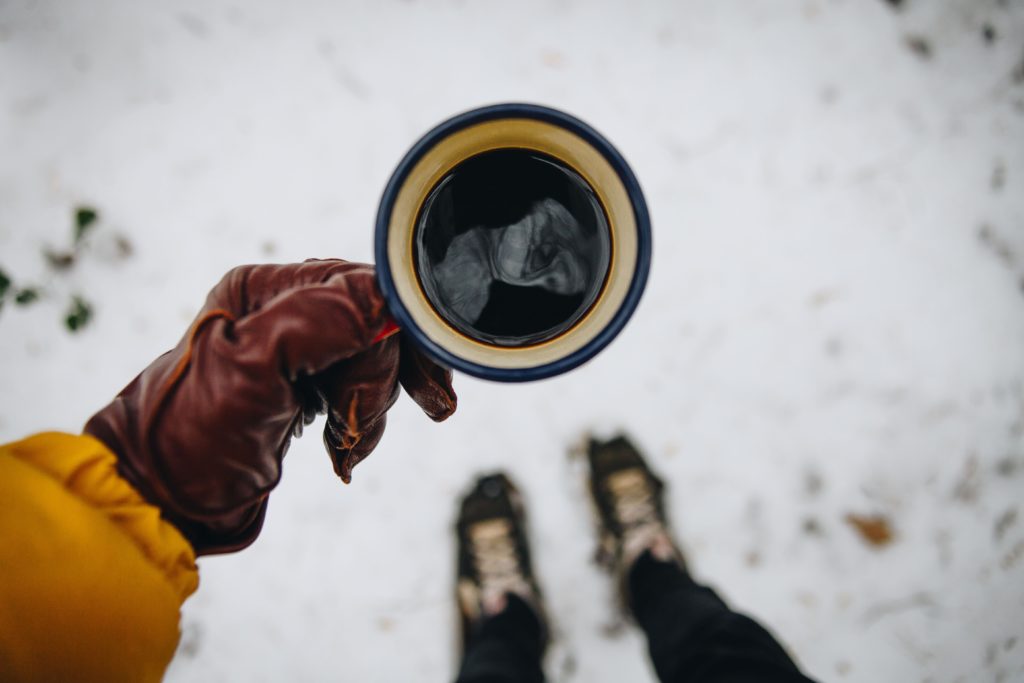
Water in winter.
There are enough campsites open 365 days a year to provide the necessary hygienic luxury. But if you find yourself at the Etna car park at 2000 metres above sea level and need a shower after a strenuous hike, hot water is a rare commodity. While the very hardened grit their teeth even at 0 °C and with a fresh mountain wind, a less painful solution is to use a folding bucket. To do this, simply heat water in a pot and mix it with cold water in the bucket to the desired temperature. This way, with the help of a bucket, hair can be washed without the pain of cold. Last but not least, it is worth asking at a nearby hotel, restaurant or petrol station for hot water, which you can then fill into the tanks as usual. In winter, wells in the Alpine region are usually out of order and service points for grey water disposal are closed. You should start looking early to avoid being left without or with "too much" water.
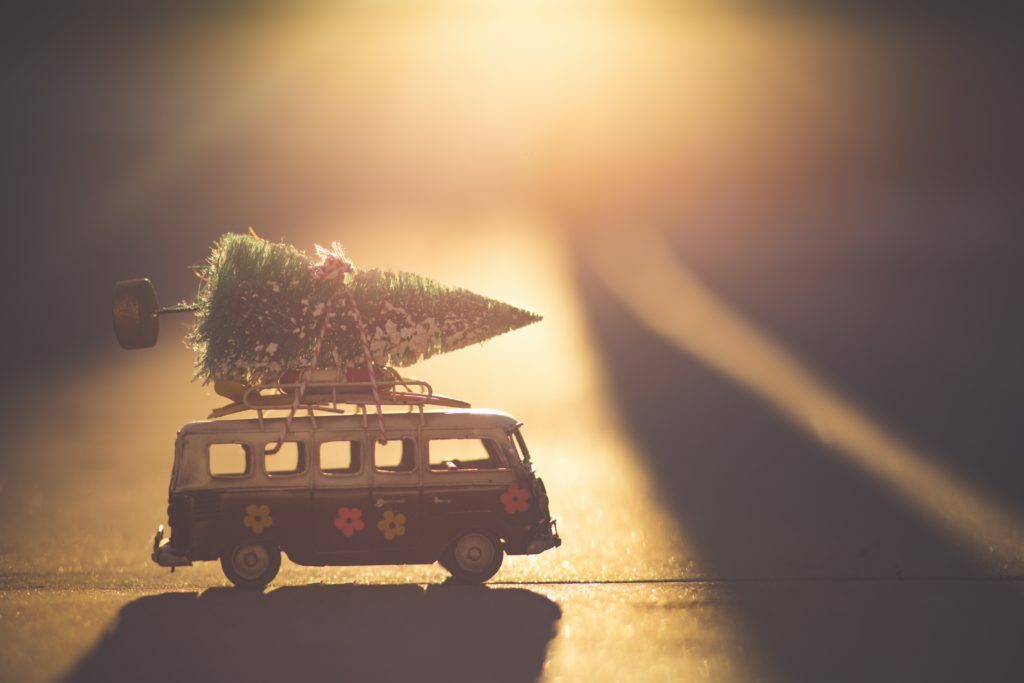
When winter camping, however, there are a few things you have to pay special attention to.
HumidityEvery day we release around one litre of water into the environment through the air we breathe and, especially at night, this moisture condenses on the cold window panes. To get rid of this moisture, it is essential to reduce the humidity in the camper by briefly ventilating it in the morning and evening and to have a few clean microfibre cloths at hand.
WaterThe water tanks are usually located inside the vehicle. Nevertheless, it can get cold in the camper during longer periods of standing without the parking heater running - if you don't empty the tanks beforehand, you run the risk of the water freezing and bursting the tanks! Ideally, the waste water pipe is also insulated. If it is particularly cold, you can also run the parking heater on the lowest setting to keep the temperature in the plus range.
Parking heater and fuel pret: In most campers, the auxiliary heating is operated with the vehicle diesel, so you should not necessarily drive on reserve during a winter adventure. The auxiliary heating consumes approx. 0.5 L / hour at continuous power. Since it does not run continuously, of course, but switches on and off depending on the heating level, the actual consumption is much lower.
Winter tyres and snow chainsIn addition to good winter tyres, snow chains are a must for winter camping. These are sometimes obligatory in the Alps. Due to the size and weight of a camper, it is important to drive safely on icy and snowy roads, especially on inclines or sloping terrain. It is better to slow down once around the bend than to crash!
Winter camping helper: Even if it shouldn't be worth mentioning, it is worth mentioning: thick gloves, a proper ice scraper, as well as a broom for rough snow removal measures are the be-all and end-all for winter camping. A door lock de-icer is also never wrong. However, it is of little use if it is lying in the car while you are shaking the icy door. Depending on the weather and fresh snow forecasts, it's also worth having a small spade with you in case you have to "dig yourself out" in the morning. Ultimately, you simply have to try winter camping! Either to escape the rainy to snowy dark season to the warm south or simply to feel the unique feeling of waking up in a winter wonderland.
more comments
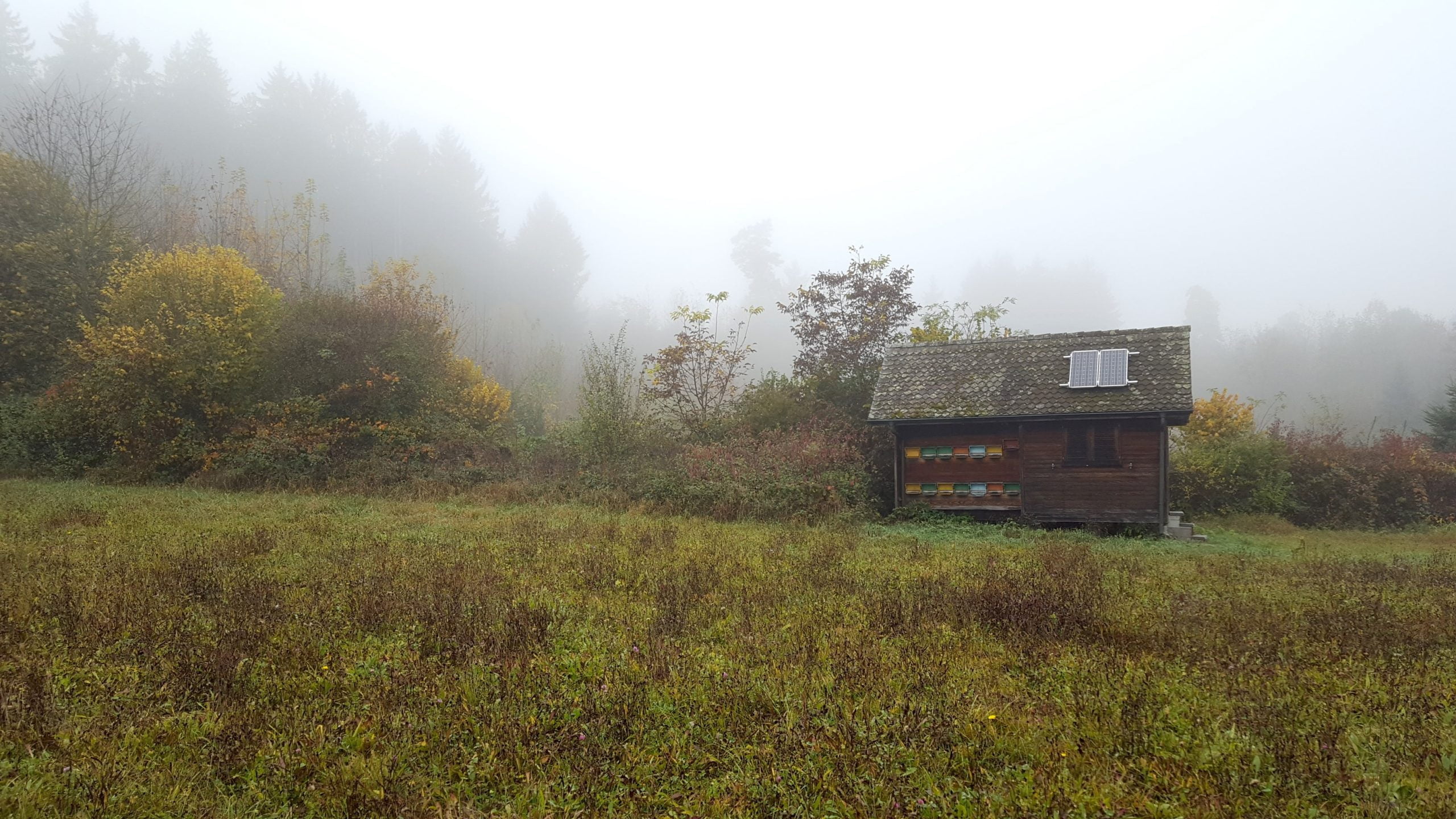
Energy self-sufficient with solar and island system not only for campers
Energy self-sufficient with solar and stand-alone system Not only for campers, but also for mountain huts, alpine pastures, maiensäss or campsites Contents of this article What
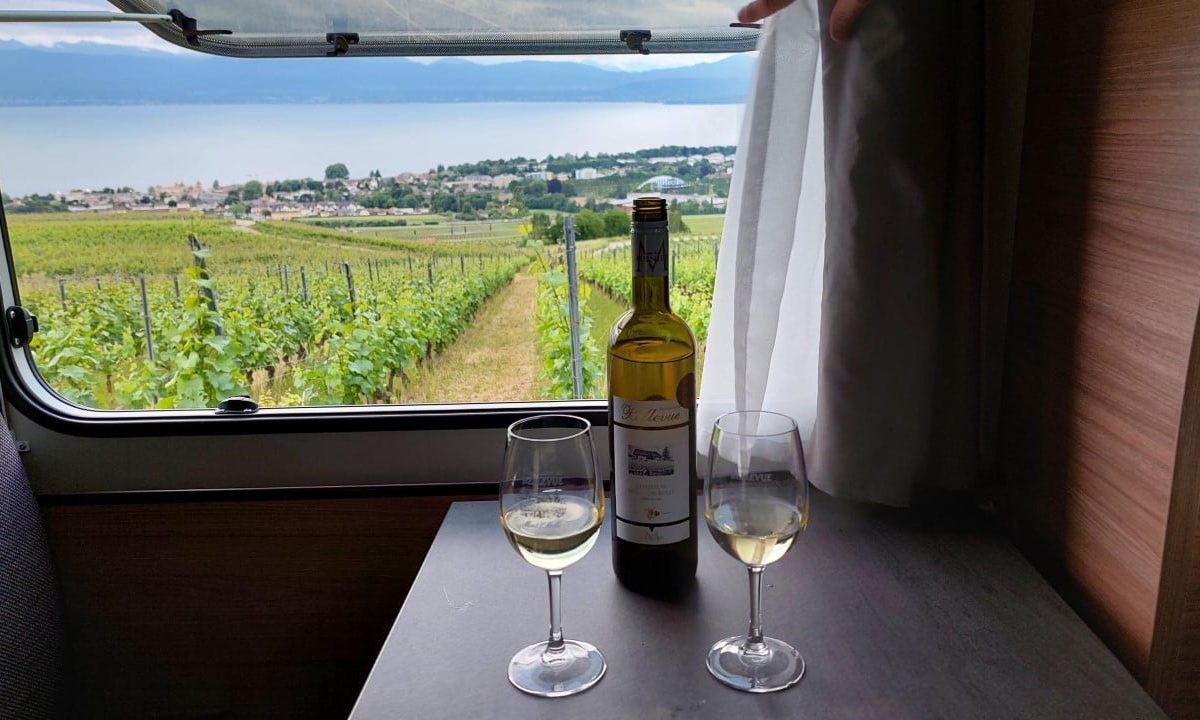
Camping was yesterday, Swiss Hosts is camping of tomorrow
Swiss Hosts is the alternative to camping in Switzerland Camping on a winery, staying overnight at a local cheese dairy and
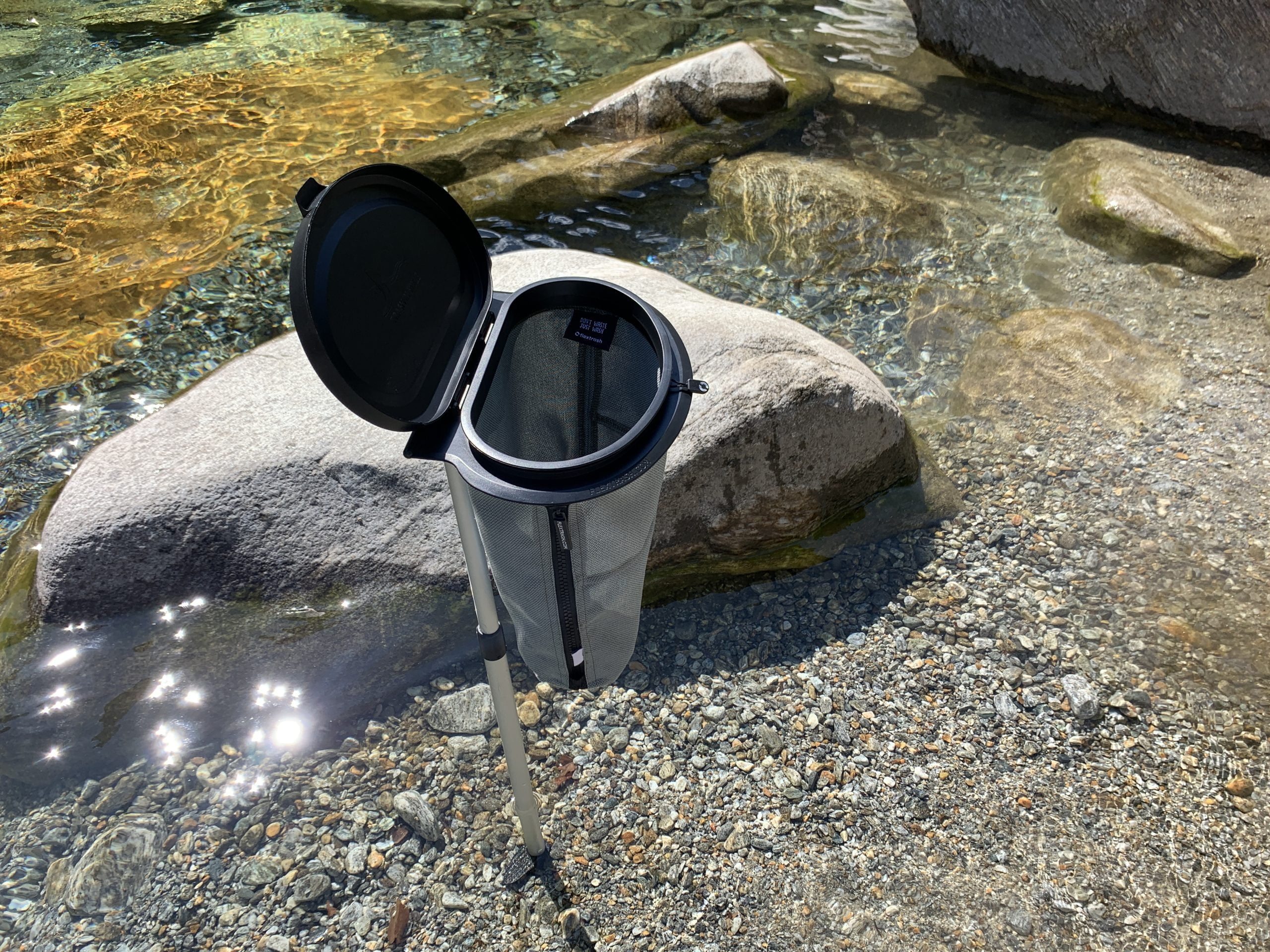
Probably the most versatile bin for campers
Probably the most versatile waste bin for campers The Danish Flextrash - where waste meets bucket! Content of this article The Flextrash
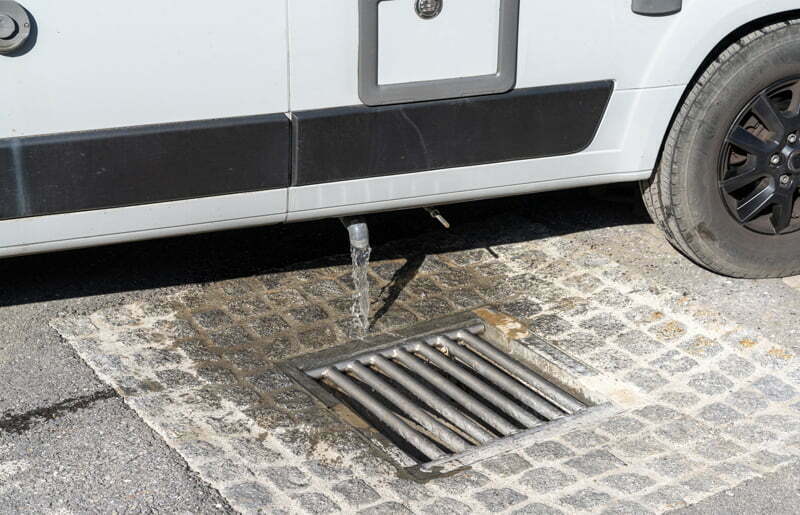
Disposal stations for mobile homes or campers
Disposal stations for mobile homes or campers Briefly on how to deal with fresh, gray and waste water when camping in the camper or mobile home